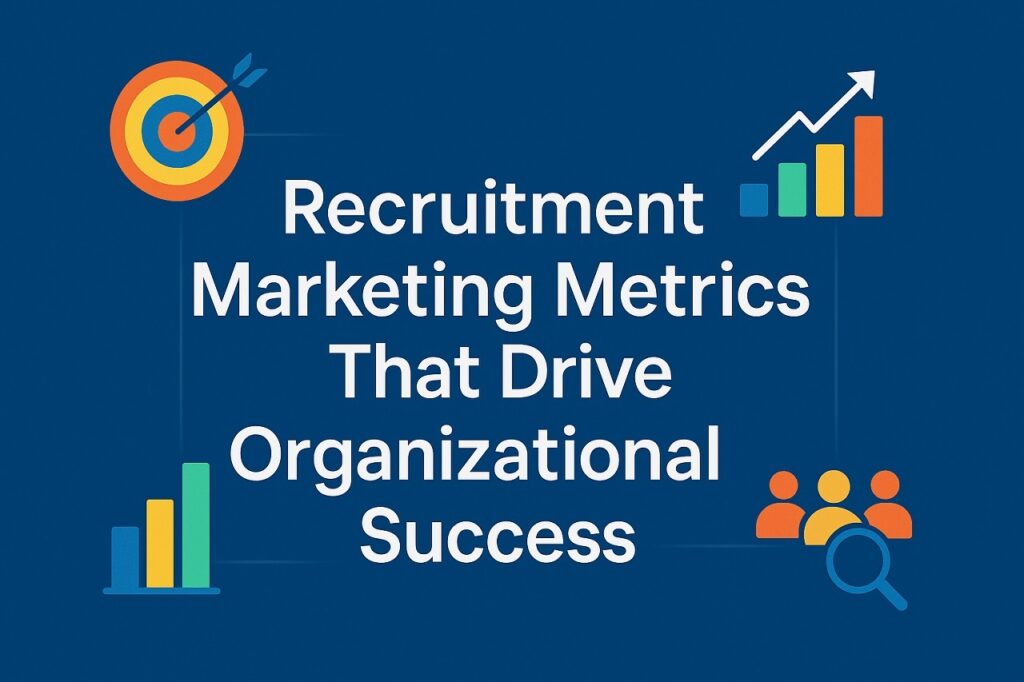Recruitment in the global job market is continually evolving, driven by technological advancements, shifting candidate expectations, and the ever-changing dynamics of the workforce. In 2023, several notable trends are reshaping the way organizations approach global hiring. In this blog post, we’ll explore seven current recruitment trends that are influencing talent acquisition strategies worldwide.
Sourcing Square, with its advanced candidate sourcing capabilities, data-driven insights, and streamlined applicant tracking, empowers organizations to navigate and leverage the current recruitment trends in global hiring effectively. It simplifies the process, helping employers tap into diverse talent pools and create a positive candidate experience while embracing AI-driven efficiencies and data-driven decision-making for smarter, more inclusive, and purpose-driven hiring.
1- Remote Work -and Global Talent Pools:
The global workforce landscape underwent a seismic shift with the pandemic, propelling remote work into the mainstream. Companies now recognize that top talent can be found anywhere in the world, irrespective of geographical boundaries. This paradigm shift has opened the doors to tapping into global talent pools, promoting diversity, and broadening the candidate pool. While this offers unprecedented opportunities, it also poses new challenges for recruiters. They must adapt to sourcing and onboarding processes that transcend borders, time zones, and cultural differences. A robust remote work policy and a well-defined virtual onboarding process have become essential for organizations looking to harness the potential of this trend.2- AI-Powered Recruitment Tools:
Artificial intelligence is revolutionizing the recruitment landscape. AI-driven tools are automating tasks that were once time-consuming and prone to human bias. Resume screening and candidate matching, for example, can now be efficiently handled by AI algorithms. These technologies not only save recruiters time but also improve the efficiency and accuracy of the hiring process. They can identify candidates whose qualifications align with job requirements, thus increasing the chances of finding the best-fit candidates. While AI is a powerful tool, it complements rather than replaces human judgment. Successful recruitment involves a blend of AI-driven efficiency and human intuition.3- Video Interviews and Assessments:
The shift to remote work has elevated the significance of video interviews and assessments. These tools enable organizations to evaluate candidates’ communication skills, cultural fit, and technical proficiencies from a distance. Asynchronous interviews, in particular, offer flexibility by allowing candidates to respond to questions on their own schedules. This flexibility accommodates candidates across different time zones, making the hiring process more accessible and inclusive. The key challenge here is to ensure that the virtual interview and assessment process is well-structured and provides an accurate reflection of a candidate’s abilities and potential cultural alignment.4- Data-Driven Decision-Making:
Data analytics has become the compass guiding modern recruitment strategies. Organizations are increasingly relying on data to inform their decisions at every stage of the talent acquisition cycle. Data-driven insights help identify the most effective sourcing channels, allowing recruiters to allocate resources more efficiently. They also enable the optimization of job descriptions and candidate profiles based on real-time feedback. Through metrics such as time-to-fill and cost-per-hire, companies gain a deeper understanding of their recruitment process’s effectiveness. This data-driven approach empowers recruiters and HR professionals to make informed choices that lead to better hiring outcomes.5- Candidate Experience Redefined:
The candidate experience remains a pivotal factor in attracting and retaining top talent. Companies are making substantial investments in revamping their career websites and simplifying application processes. Transparent communication and prompt feedback are vital elements of this strategy. Providing a seamless candidate journey not only enhances an organization’s employer branding but also fosters long-term relationships with candidates. Even those who don’t ultimately join the company can become brand ambassadors or potential hires in the future. Today’s candidates expect a user-friendly, engaging, and respectful recruitment process, and companies that deliver on these expectations gain a competitive edge.6- Diversity and Inclusion Initiatives:
Diversity and inclusion (D&I) are no longer optional but fundamental aspects of global hiring strategies. Companies are proactively implementing unbiased recruitment practices to ensure that hiring decisions are based on skills and qualifications rather than unconscious bias. This includes strategies like blind screening to remove demographic information from initial evaluations. Additionally, organizations are expanding their talent sourcing efforts to tap into diverse talent pools. Creating inclusive workplace cultures where all employees feel valued and respected is equally crucial. Diverse teams have proven to be more innovative and better equipped to tackle complex challenges, making D&I not just a moral imperative but a strategic advantage.7- Sustainable and Purpose-Driven Hiring:
In an increasingly socially conscious world, candidates are seeking employers aligned with their values. Companies are integrating sustainability and purpose-driven initiatives into their hiring practices. This involves highlighting a higher purpose beyond profit and demonstrating a commitment to social and environmental responsibility. Candidates are drawn to organizations that prioritize sustainability, corporate social responsibility, and ethical practices. Such companies not only attract talent who share these values but also nurture a more engaged and motivated workforce, contributing to long-term success and positive societal impact. Companies that align their hiring practices with sustainability and purpose-driven principles can build stronger employer brands and stand out in the competitive global job market.In Conclusion
Global recruitment is undergoing significant transformations in 2023. The rise of remote work, AI-driven tools, and a heightened focus on data and candidate experience are reshaping talent acquisition strategies. Embracing these trends enables organizations to stay competitive in the global job market, attract top talent from diverse backgrounds, and build sustainable and purpose-driven teams that drive innovation and success. To thrive in this evolving landscape, recruiters and HR professionals must continually adapt and embrace the latest recruitment technologies and best practices.Sourcing Square, with its advanced candidate sourcing capabilities, data-driven insights, and streamlined applicant tracking, empowers organizations to navigate and leverage the current recruitment trends in global hiring effectively. It simplifies the process, helping employers tap into diverse talent pools and create a positive candidate experience while embracing AI-driven efficiencies and data-driven decision-making for smarter, more inclusive, and purpose-driven hiring.




